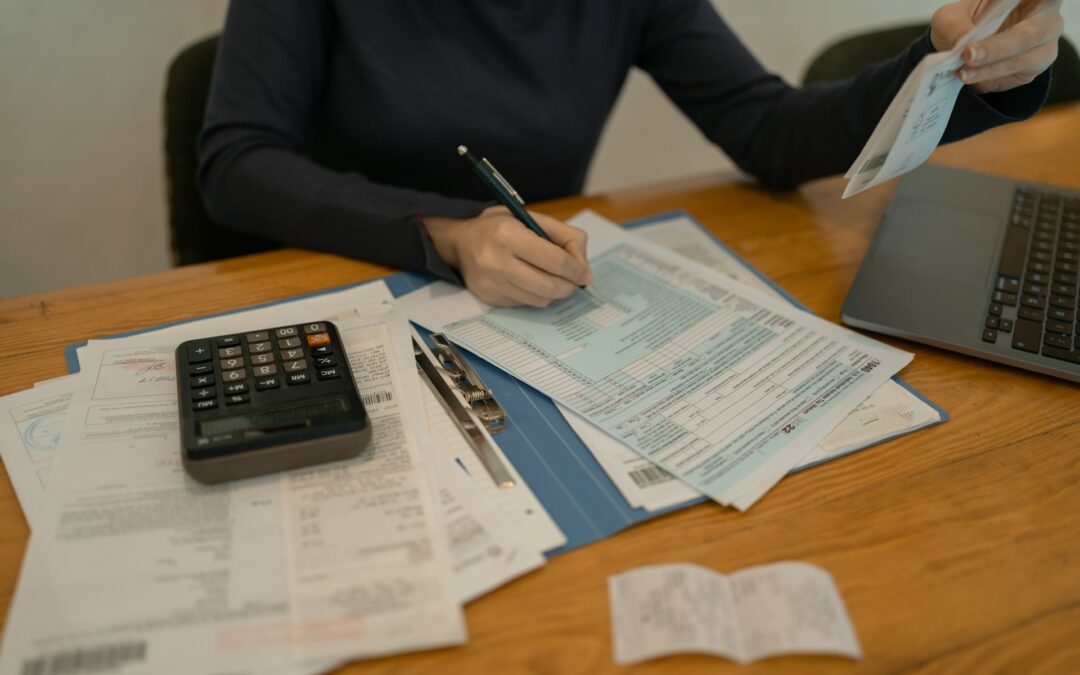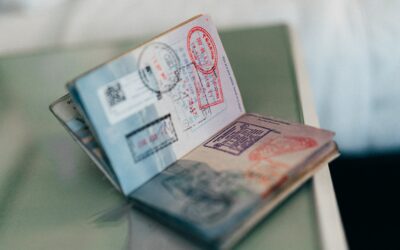|
|
As more and more jobs go hybrid or remote, more people are asking whether their profession is suitable for the digital nomad lifestyle. Today our question is: can accountants become digital nomads?
While any job that allows you to work fully remotely is technically compatible with the digital nomad lifestyle, they aren’t all equally easy.
Writers, programmers, and anyone who largely works alone on digital tasks, even if they contribute to a larger team, have the easiest time becoming digital nomads. This is because they tend to have few meetings that can be time zone prohibitive and don’t need that personal touch to win clients or support patients.
While lawyers and psychologists can become digital nomads, it tends to be more challenging. They tend to have a lot of meetings, which can be done remotely but require specific hours and an appropriate quiet place to talk privately. Many of the people they serve also benefit from the confidence of seeing someone in person. So, while they can become digital nomads, it requires more logistical planning and sacrifices in what they can do.
So, where do accountants fall on this spectrum? Let’s find out. Spoiler alert! Yes, accounting is a very digital nomad-friendly profession.
Are There Any Accounts Out There?
About a year ago, one Redditor asked the r/digitalnomad community: any accounts in here? The answer was yes.
One respondent was a senior accountant at a fairly large firm reporting to a manager. They manage to travel freely and continuously but have to schedule between four and six online meetings a week. Another Redditor replied that it must be nice to be able to answer your own digital nomad tax questions. Very true, digital nomad taxes can get complicated.
Another responded that they used to be an accountant when they started their digital nomad, but now do accounts payable for a specific company that is remote first. In a similar story, another reported being a CPA who now works as a controller for a smallish tech company while traveling full-time.
Krystal Pino was an accountant who became a digital nomad and found herself answering lots of tax questions for her nomad connections. One day a friend suggested that she should stop answering everyone’s questions for free, and she established Nomad Tax. As you might guess, it is a remote-first tax consulting firm that specializes in US-based digital nomads.
How Much Do Digital Nomad Accounts Earn?
People are always curious about how much they might be able to earn, but it is a tough question to answer as it depends on your qualifications and experience, the type of field you work in, and the type of company that you work for. There is also the question of a remote contract versus freelance.
But with all of those caveats in mind, how much can a digital nomad expect to earn as an accountant? Looking at recent accounting jobs advertised on Remote OK, they estimate that accountants working remotely for US companies can expect to earn between US$83-150,000.
What kinds of jobs were advertised? Senior Controller at a corporation, Salesforce Administrator for an online food delivery business, Director of Grants Administration at an accelerator, an Accounts Payable Specialist and Senior Finance Analyst for an online health business. Looking internationally, we saw a remote Director of Finance role in the UK and a Bookkeeping Manager for a company in Israel.
Looking on Remote.Co we saw an Accounts Payable Coordinator (NPR) for US$30.77 per hour, a Payroll and Benefits Coordinator (Coforma) for US$117,420 per year, an Accounts Receivable Clerk for US$18 per hour, Senior Accountant (Starbucks) for US$78,200 per year, a Senior Accountant for US$80,000 per year, and a Senior Accounting Manager (Rad Power Bikes) for US$140,000 per year.
There is a lot of variation out there, so it is hard to come up with a firm figure of how much digital nomad accountants can expect to be paid. But what is clear is that there are a lot of fully remote opportunities available.
International Qualifications
While in most countries you don’t technically need any specific qualification to become an accountant or work with accounts and finance, having a relevant qualification is extremely useful and many firms include a qualification among their hiring criteria. But it also depends on the role. A Senior Accountant is likely to need a qualification, while an Accounts Payable Manager might need experience.
In the English-speaking world, the most common qualification is a Certified Practising Accountant or a CPA, which is the same as a Certified Public Accountant.
In the United States, CPA qualifications are awarded on a state level, but almost all states have laws that allow CPAs from other states to practice in their state. But if you want to work as an accountant for a US company, you will want a US CPA qualification. The minimum qualifications tend to be passing a public accounting exam, 150 college semester points, and one year of accounting experience.
You can find a comprehensive list of international accounting qualifications here.
Tips for Digital Nomad Accountants
If you are an accountant who chooses to become a digital nomad, aside from finding fully remote accounting work, there can be a steep learning curve. This is true for everyone new to the digital nomad lifestyle.
Learning to manage your time, be productive when on the move, maintain a work-life balance, plan travel logistics, and battle isolation and loneliness are things that all new digital nomads have to learn. That’s why we have a whole blog dedicated to it!
But on top of these universal issues that apply to all digital nomads, below are a few accounting-specific things for digital nomad accountants to consider.
Get to know your accounting applications!
As more accounting is moving remote, more and more tools are hitting the market. According to the Wall Street Journal, companies use an average of 129 applications to manage their business.
This means that you need to know your general remote working tools such as Zoom, Slack, Dropbox, and more, but also accounting-specific tools such as QuickBooks, Xero, and Wave Accounting.
Every company will have its own set of tools, and the more you know the more hireable you will be. You can find a list of 50 of the most popular remote accounting tools here.
Prioritize securing client data.
Client data is often sensitive and accountants have an obligation to maintain its privacy. If you work for a firm, they probably have protocols and tools in place, but if you work for yourself you need to plan for security. This starts with a VPN, which encrypts all the data you send and receive.
You also need secure file transfer tools. No, sending via email is usually not OK for both security and the number of files that are shared. You should be looking at services like GoAnywhere, Coviant Diplomat, Globalscape, and Accellion.
You also need to consider the security of your own devices, including your laptop and smartphone. They should also be password protected, and you should have the ability to wipe your device remotely in case it is stolen. It is also worth considering a privacy screen for your laptop that stops anyone who is not directly in front of the screen from being able to see it. This is especially important if you work from cafes or coworking spaces.
Get your own accounts in order.
It should be a point of pride as an accountant that your own accounts are in order, but depending on your situation, you may need to embrace the fact that your own taxes and investments are about to get much more complicated.
But this isn’t just a challenge, it can also be an opportunity. With more and more people embracing the borderless lifestyle, there is an increased demand for accountants who specialize in digital nomad problems. Even if it is not your specialty now, you can learn as you travel and open up new professional opportunities.
Start Your Digital Nomad Journey
If you are an accountant, you might actually be in an ideal position to become a digital nomad. Many accounting jobs have gone fully remote since the pandemic, and even before that many businesses were accustomed to outsourcing accounting work and engaging with accountants remotely.
Accountants have a great opportunity to earn good money while traveling the world. These days, almost everyone needs an accountant.












